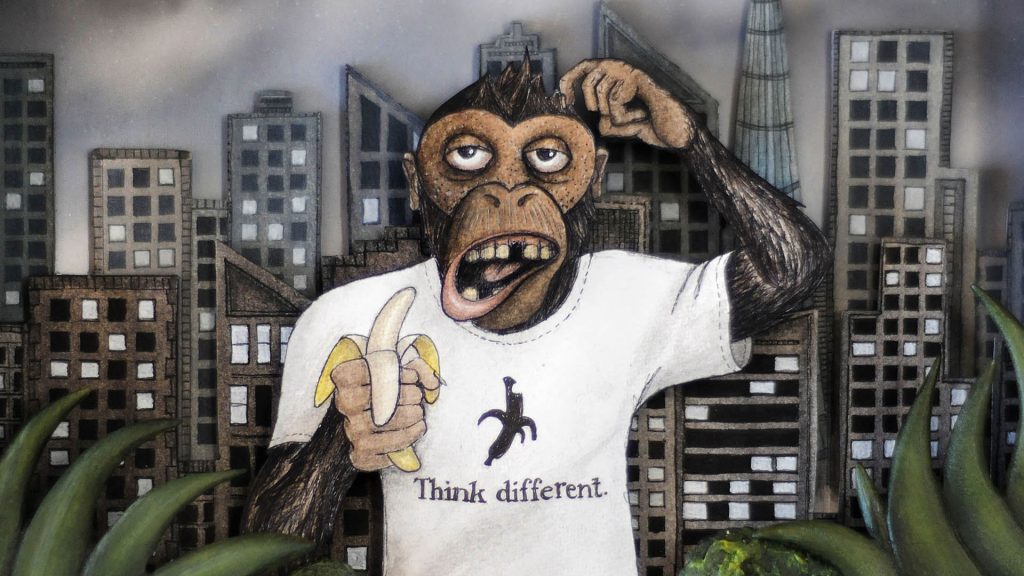Join the adventurous worm “Bud” as he roams through the Australian bush, narrating a light-hearted yet poignant poem about the elusive search for magic mushrooms.
Some thoughts on the poem.
There’s a strange kind of madness in searching for something when it seems to refuse being found. The more you want it, the more it slips away. It’s almost as if the very act of wanting creates the distance. Maybe that’s the trick – the harder you chase, the faster it runs.
“The Forager’s Lament” is a reflection on the frustration of not having something on demand. When searching for something like a mushroom, an individual may feel frustration. Eyes scan the ground, patterns blur, and second-guessing takes over. Maybe they’re looking in the wrong place? Maybe they’re too late? Maybe someone else got there first? Or maybe – just maybe – it’s not the mushrooms that are hiding, but impatience that’s clouding their vision?
What if the problem isn’t where we’re looking for, but how we’re looking? The framework in which we perceive – the expectation, the attachment to the result, the belief that finding something will make the whole process worthwhile.
Modern consumerism thrives upon this way of thinking. Everything is about results – efficiency, convenience, getting what we want with as little effort as possible. Google serves up answers before we’ve even finished asking the question. GPS tells us exactly where to go. Algorithms predict what we’ll like before we’ve even considered it ourselves.
We may try to be patient and forage and it still may become too much effort, becasue there’s always someone willing to sell a shortcut. Essentially, we’re all just individuals working “the hustle” the best ways we know. Albeit, some within “the rules” defined by society a little better than others.
Foraging doesn’t work that way. Within natures innate wisdom, the bush doesn’t care about urgency. It won’t adjust itself to fit our human needs or rules. And yet, as in the “Foragers Lament”, when the mushrooms don’t appear on demand, it becomes easy to fall back on humanities ‘better’ or ‘easier’ solution. In the poem, the frustration isn’t really about the mushrooms – it’s about the emotional connection to the discomfort of not getting what we want.
And that discomfort has consequences – It drives the “human solution” which alleviates the frustrations of missing out, but it comes at a cost – we miss the chance to notice the quiet of the forest, the crunch of leaves underfoot, the way the air smells after rain. The beauty and wisdom of our natural world. These are all part of the journey, not the destination.
Maybe the real trick is letting go. Accepting that some things remain unseen, that not every search leads to a find.

